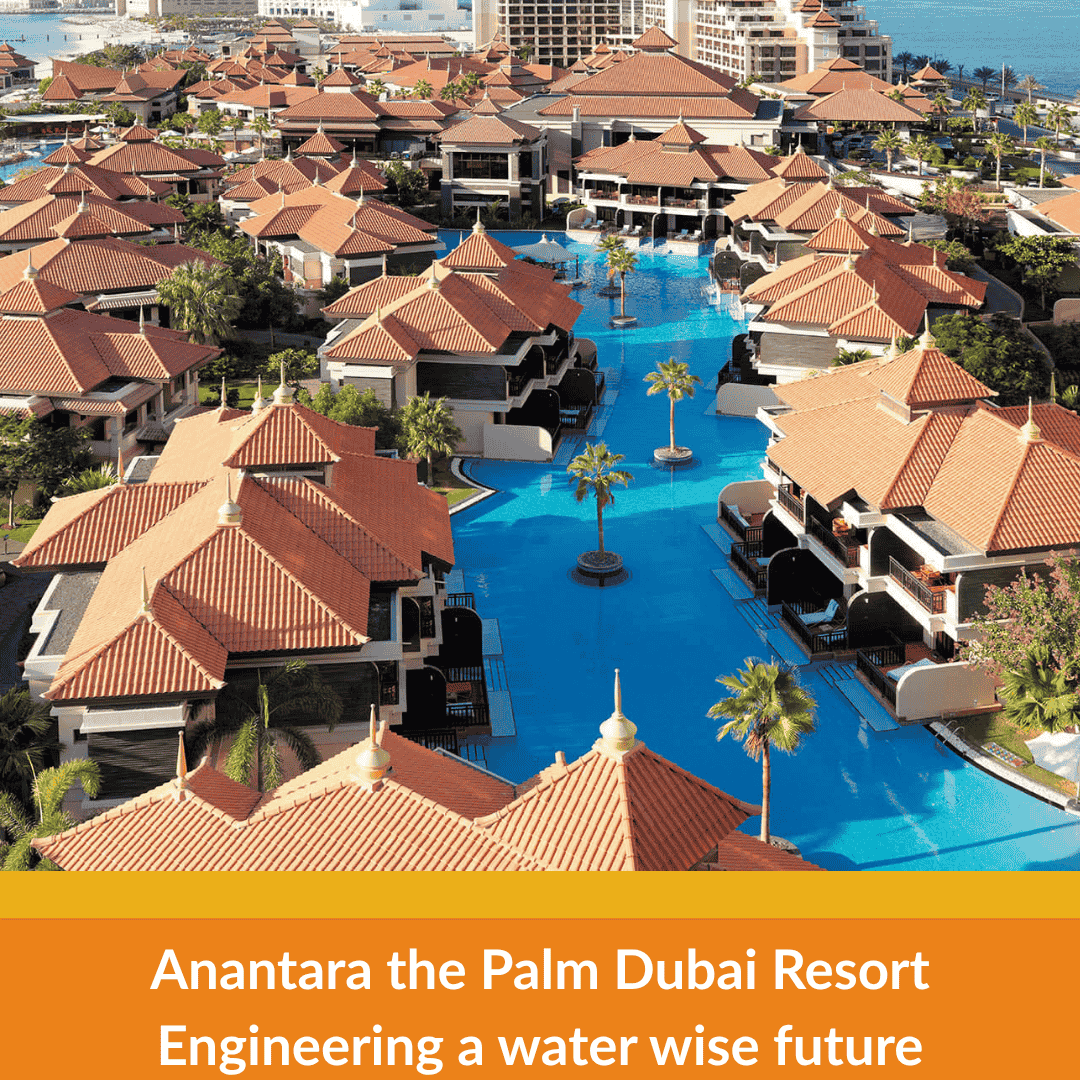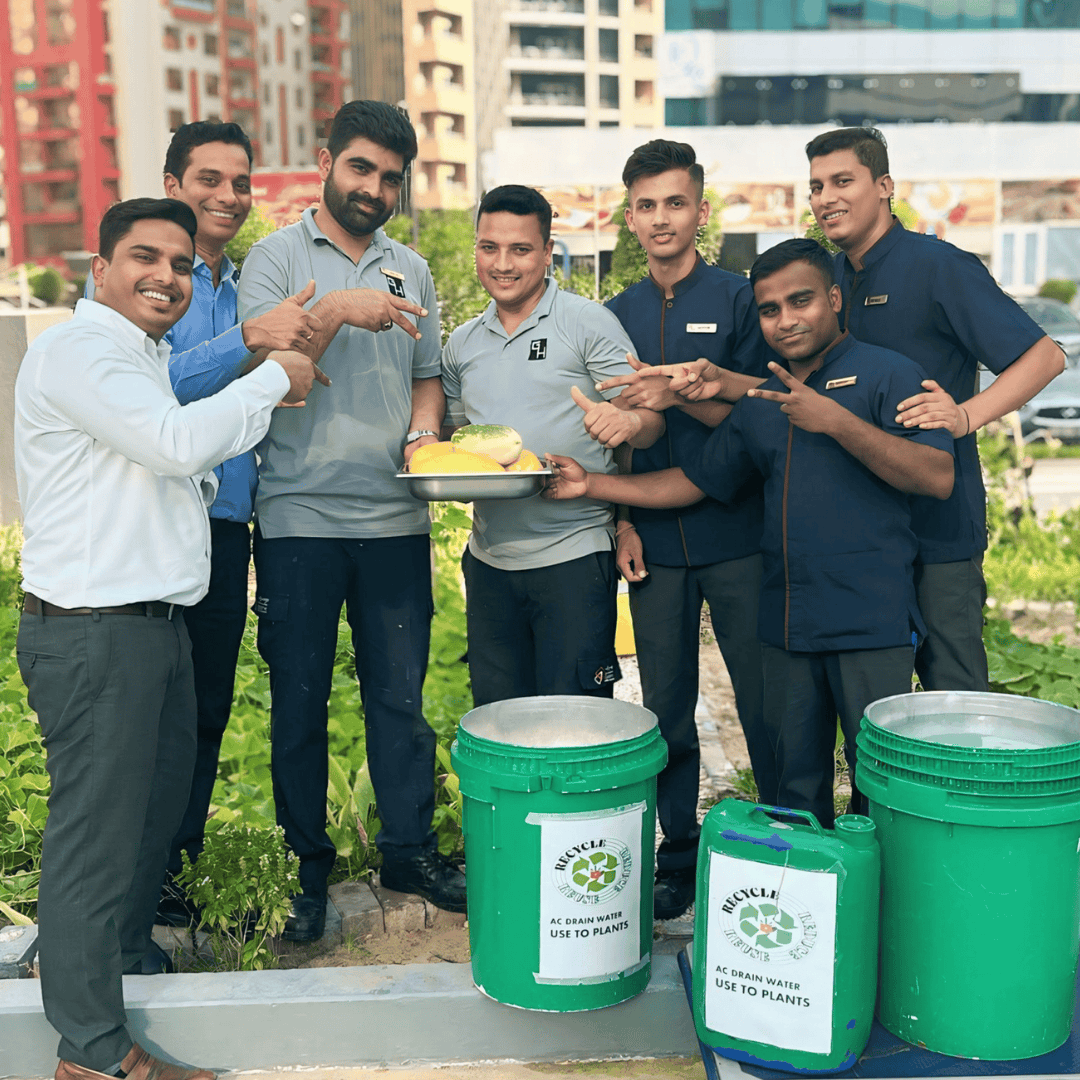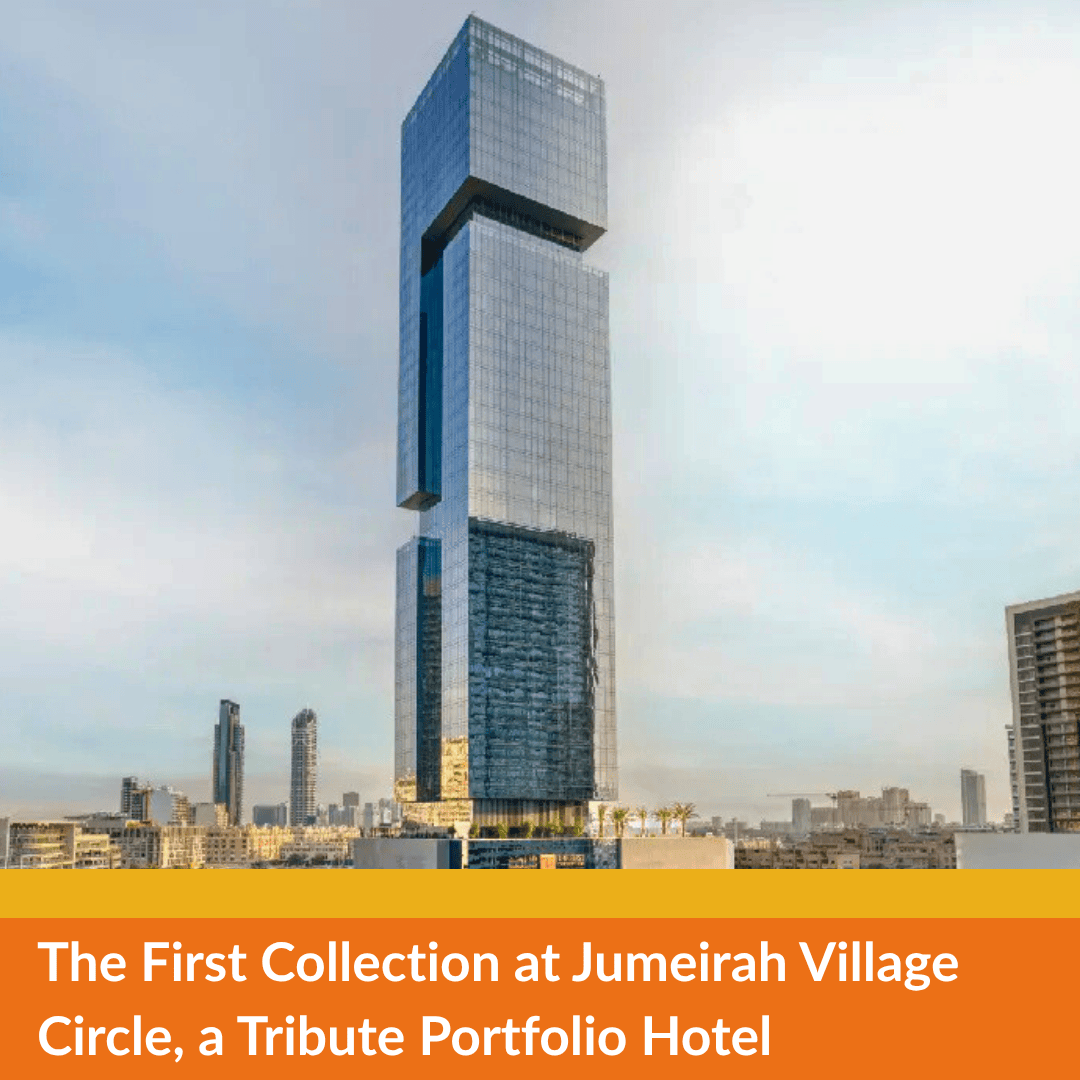Sustainability is no longer just a choice in hospitality—it’s a necessity. As hotels worldwide strive to meet environmental and social responsibilities, they must integrate innovative solutions that minimise their ecological footprint while enhancing guest experiences. One such example is Citadines Metro Central Dubai, which has demonstrated leadership in sustainable waste management by upcycling 120kg of discarded wood into functional, handcrafted items.
This initiative reflects the property’s long-standing commitment to sustainability under Ascott CARES, Ascott’s global framework for responsible hospitality.
In this article, we’ll explore Citadines Metro Central Hotel Dubai, part of the Ascott brand, and their recent innovative initiative of repurposing discarded wood.
Citadines Metro Central Dubai
For over eight years, Citadines Metro Central Dubai has proudly maintained its Green Key certification, a testament to its dedication to environmental responsibility and to The Ascott Limited’s Sustainability Programme (Ascott CARES). Ascott CARES is centered around five fundamental pillars of Community, Alliance, Respect, Environment and Supply Chain (CARES), with a strong commitment to making a positive impact across these areas of the company.
As part of Ascott CARES, Citadines Metro Central Dubai consistently seeks new ways to encourage sustainable practises throughout the hotel.
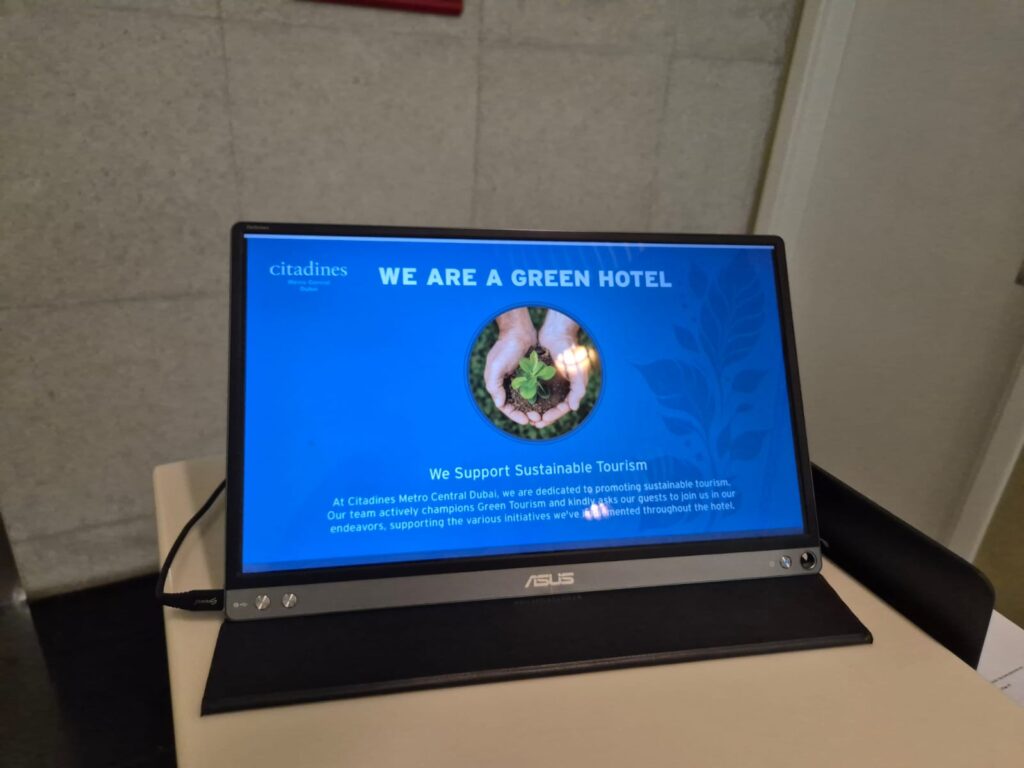
During a recent 104-room refurbishment, the hotel was left with a significant amount of discarded wood from old furniture and construction materials. Instead of sending it to landfill, the team saw an opportunity to repurpose the waste into durable, high-quality products, reducing waste while enhancing the guest experience. By transforming the old wood, this initiative contributes to the hotel’s overarching sustainability goals, adds a unique touch to the property, and significantly reduces their waste.
Turning Waste into Value: The Upcycling Initiative
Each piece was designed to be functional and sturdy, replacing plastic and other non-eco-friendly alternatives.
Citadines Metro Central team members, Vinod Kumar Vishvakarma and Aslam Ansari, creatively thought up 17 different items to make:
♻️Guest signage
♻️Guest towel laundry bins
♻️Staff linen laundry bin
♻️Parking signage
♻️Plant pot bases and holders
♻️Towel storage unit
♻️Delivery point station
♻️Emergency equipment cabinet
♻️Movember Moustache signage
♻️Clothing rack
♻️Shoe rack
♻️Tissue boxes
♻️Parking barrier support
♻️Outdoor bins
♻️Toilet signages
♻️Outdoor fencing
♻️Flag pole holder
Scroll through the gallery below to view them all!
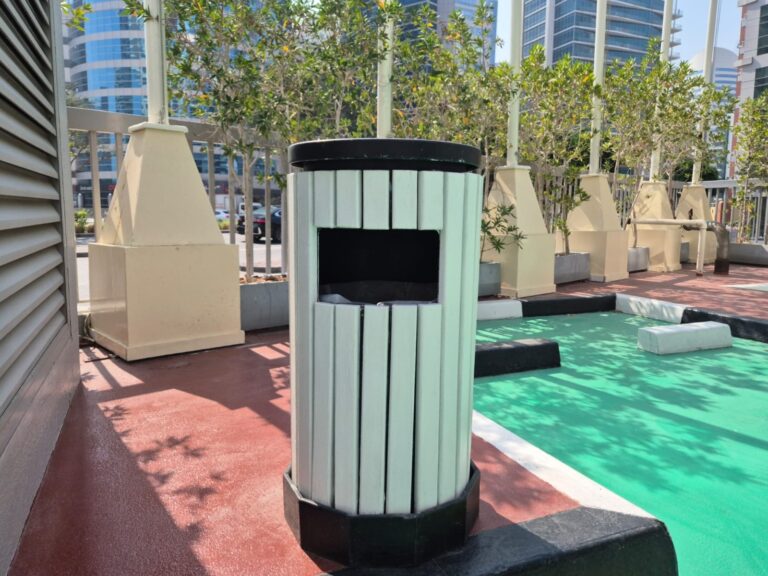
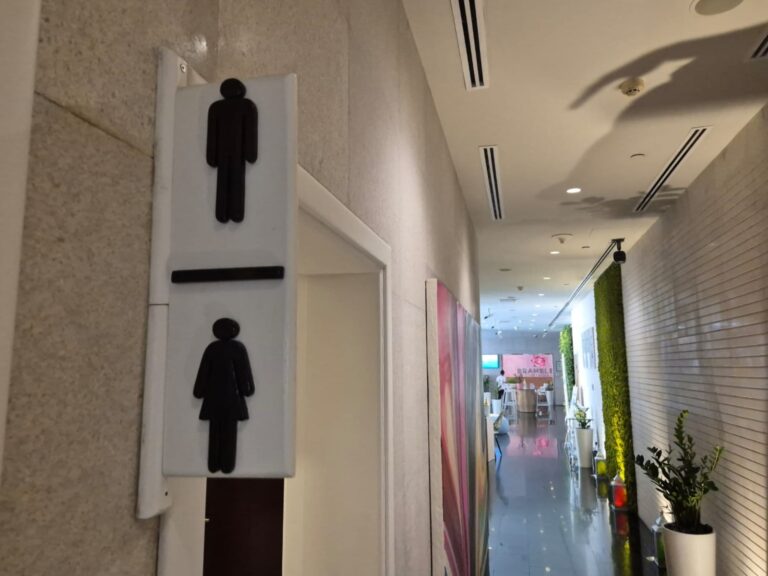
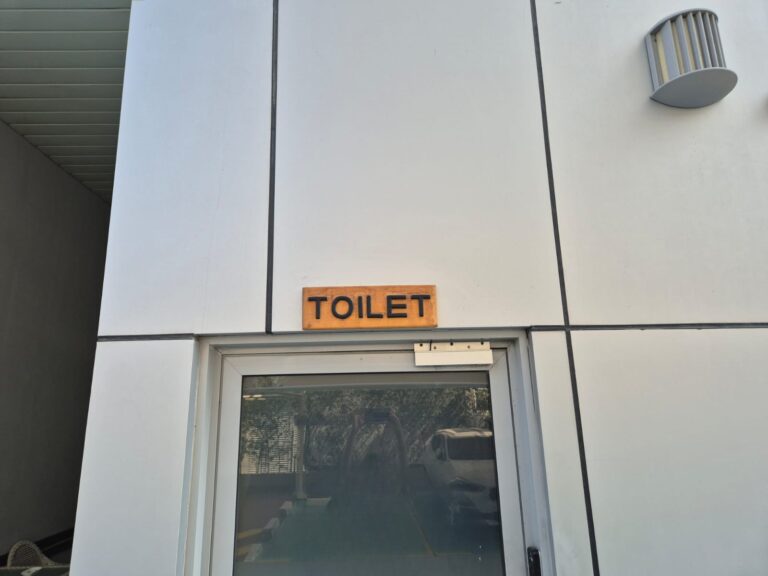
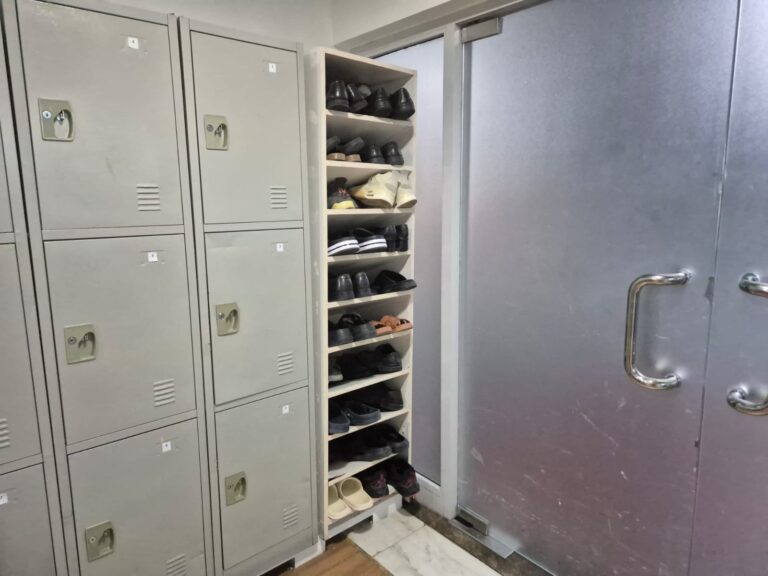
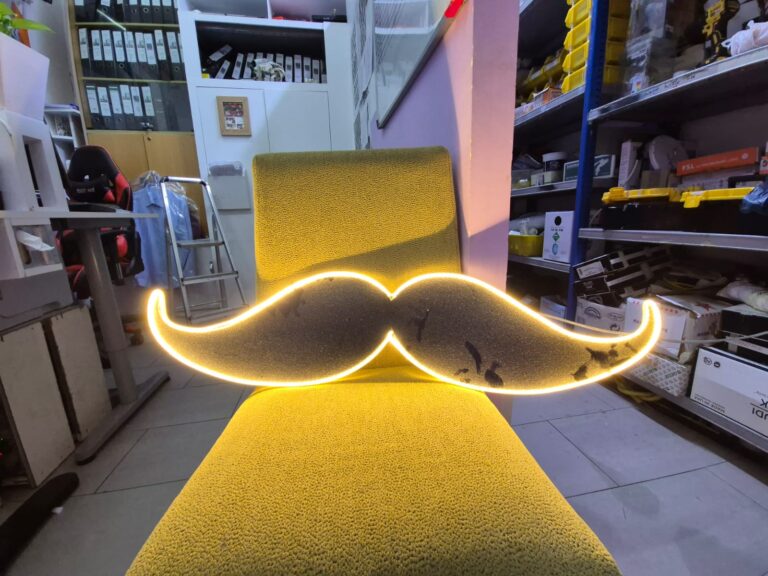
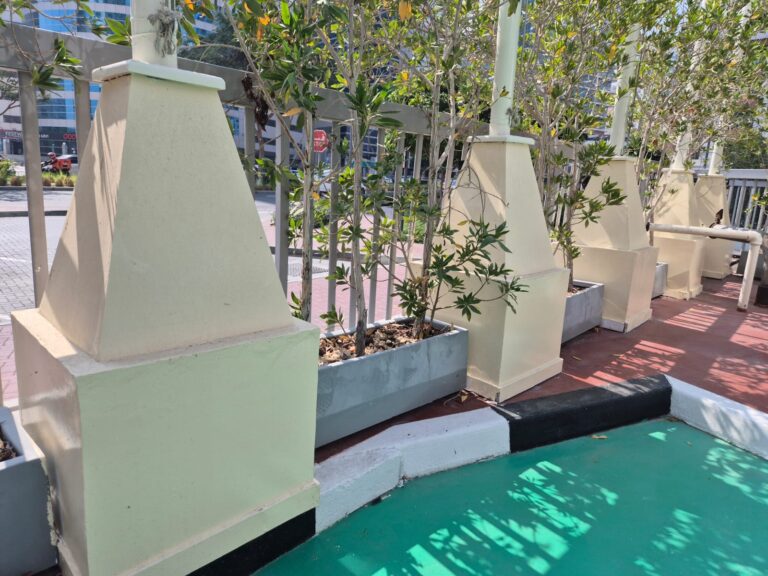
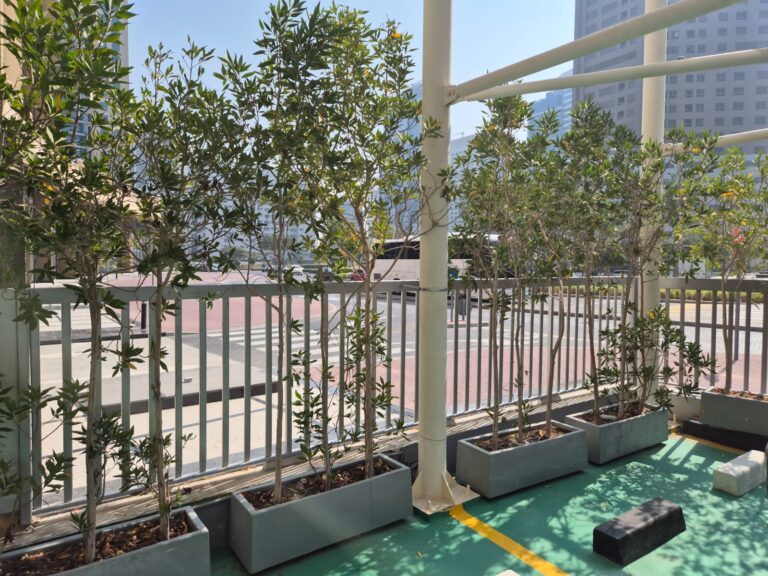
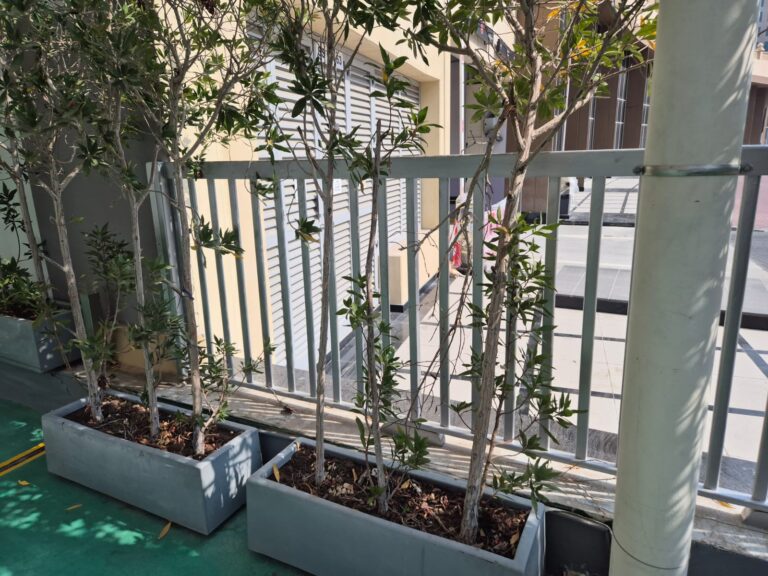
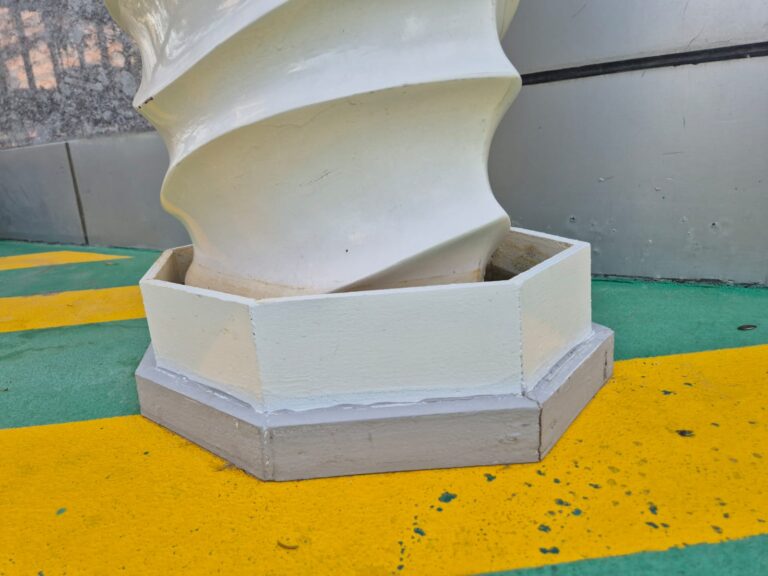
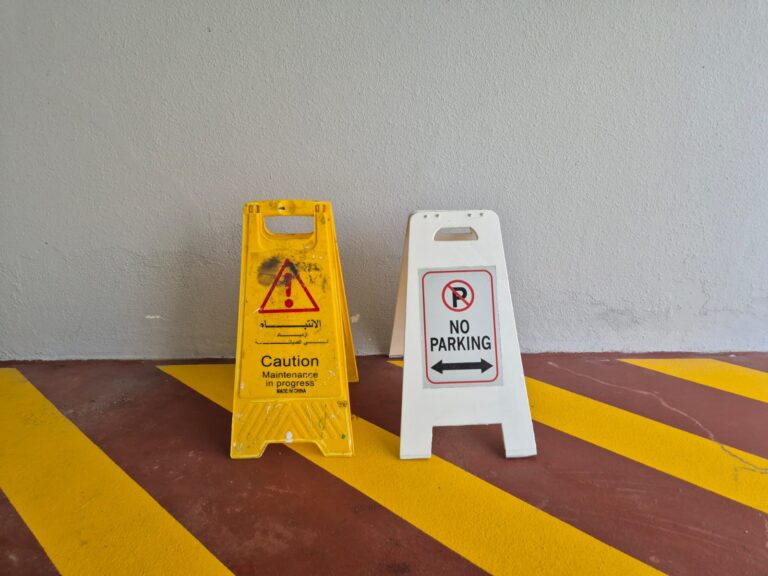
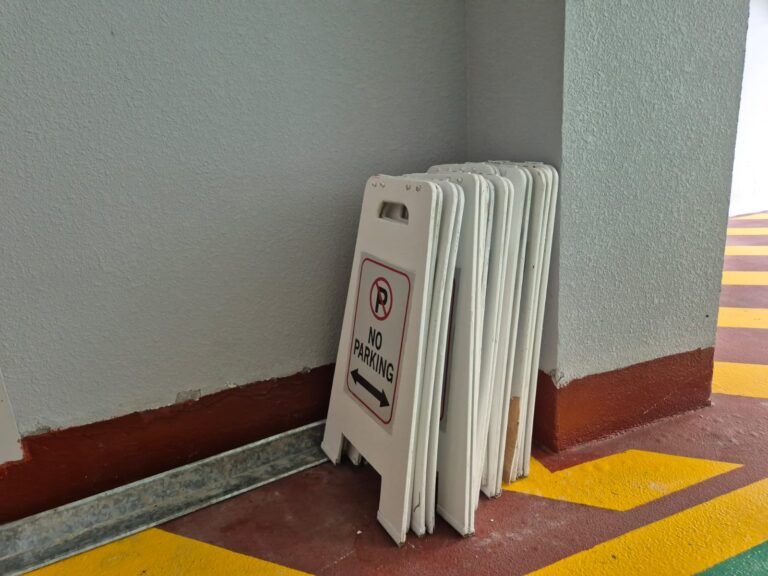
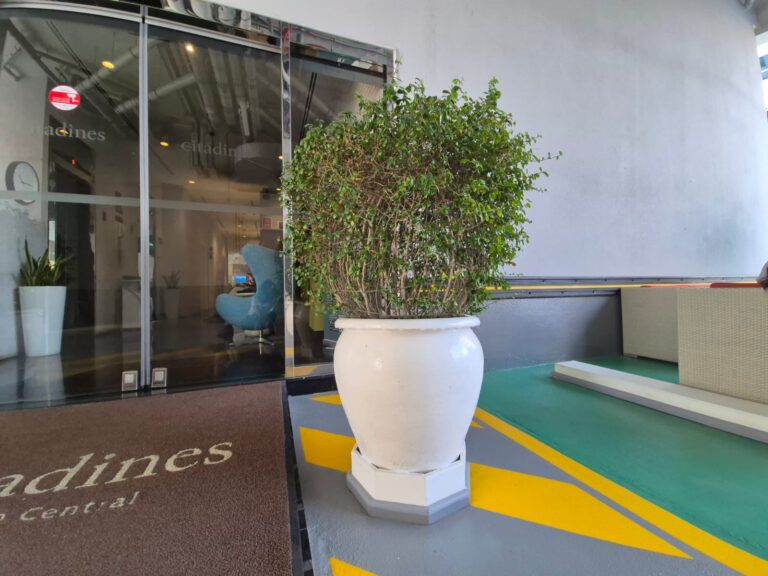
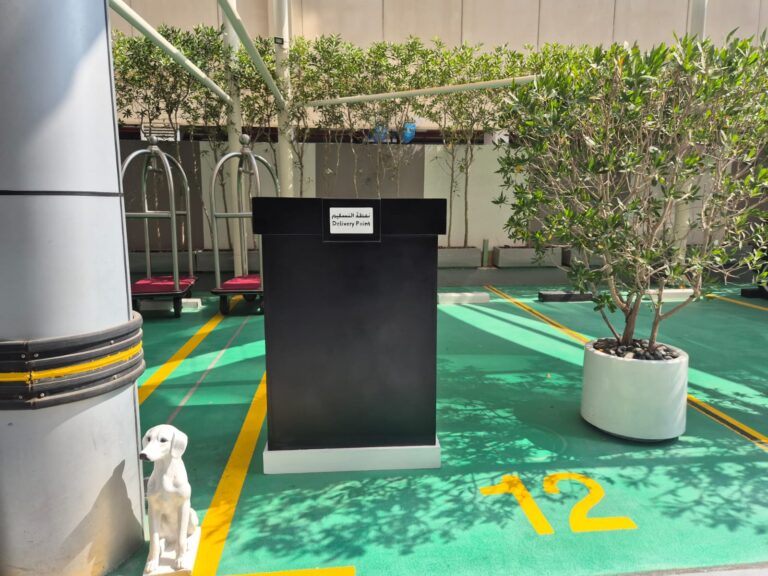
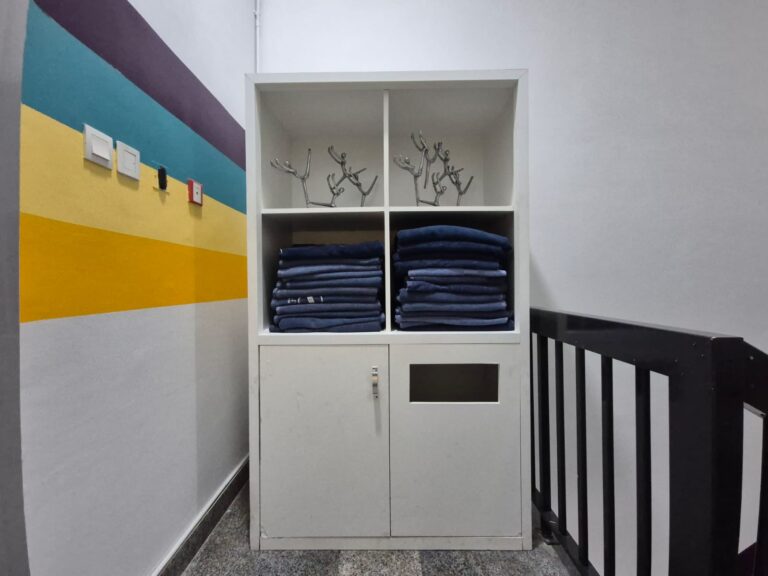
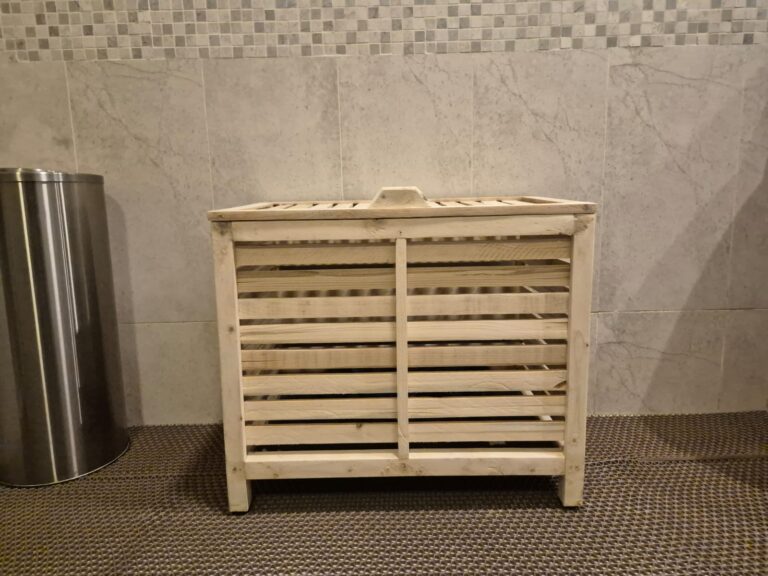
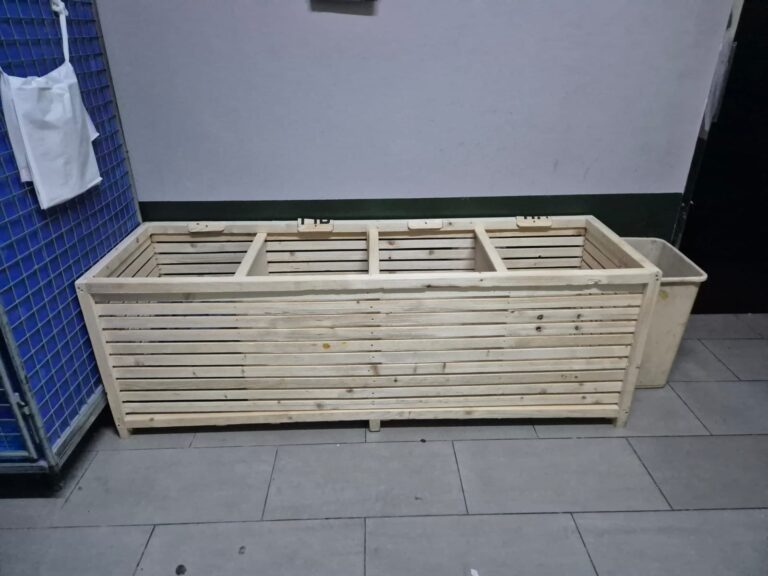
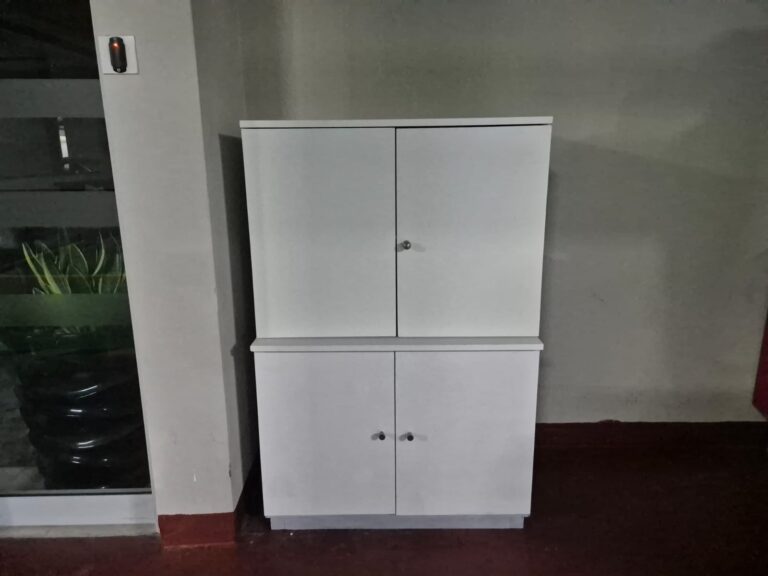
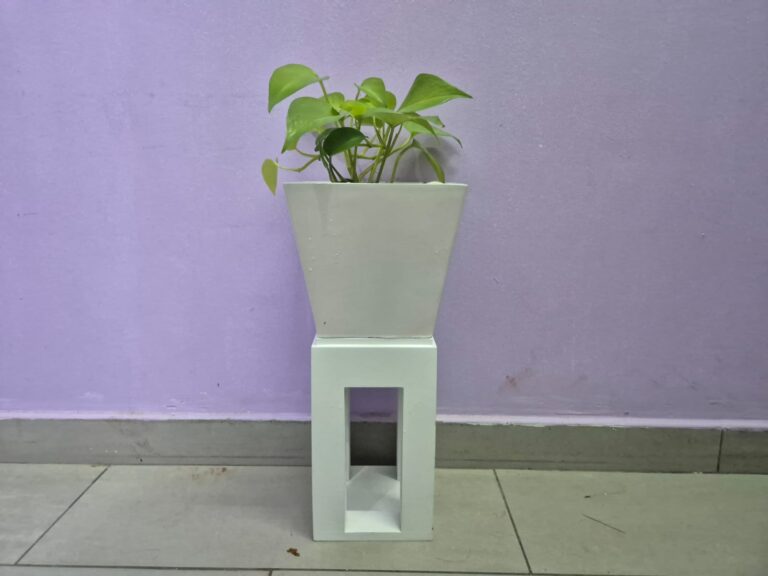
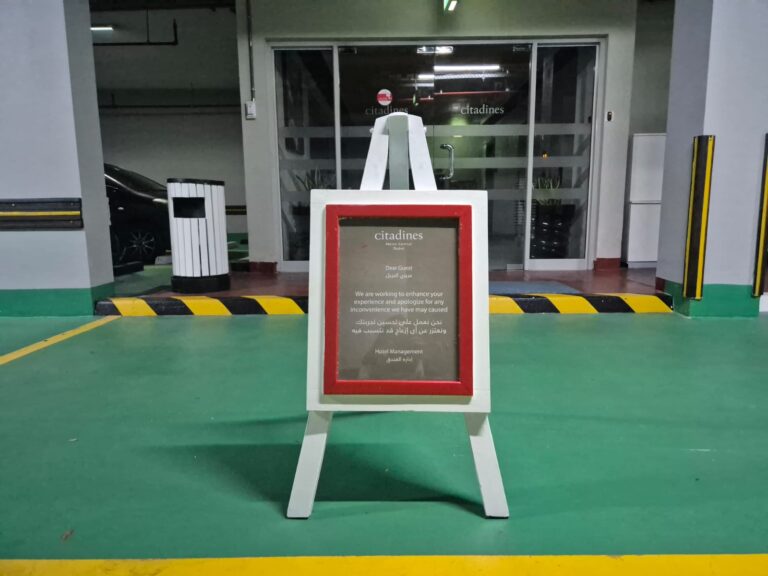
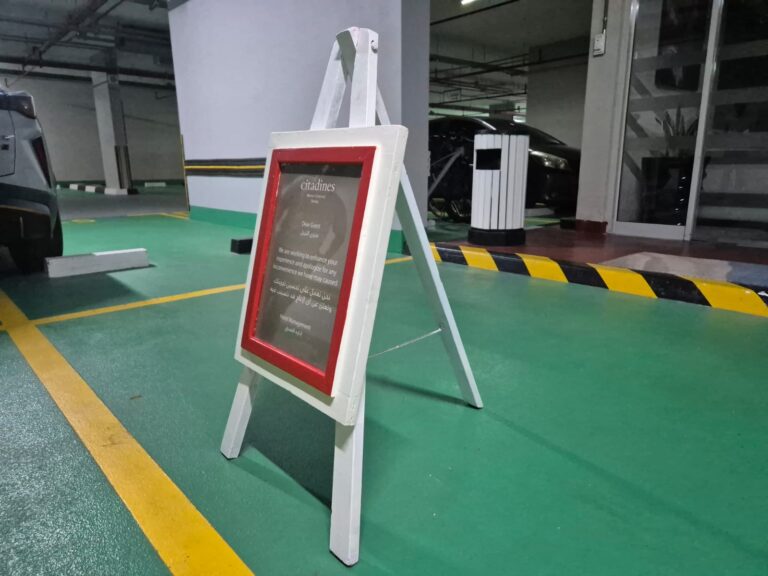
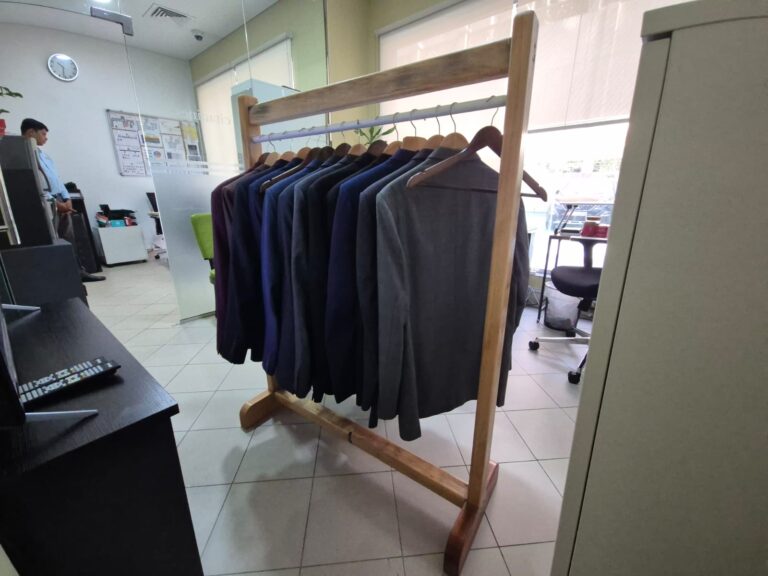
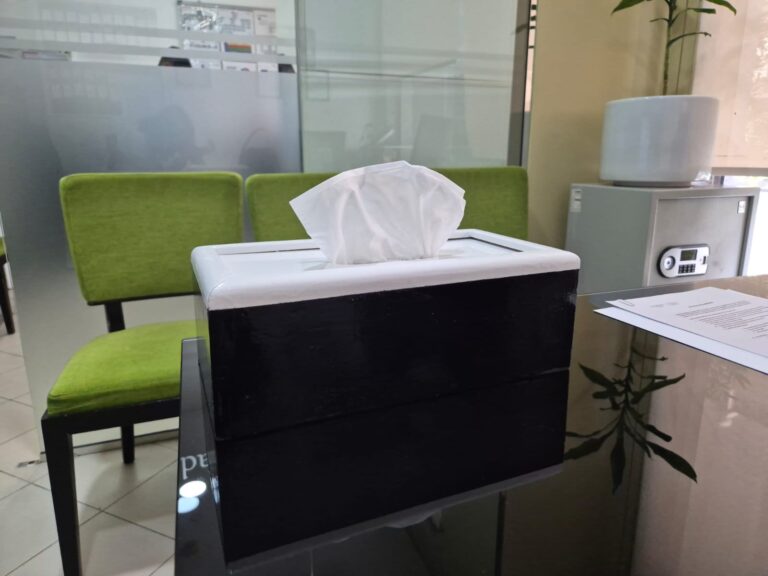
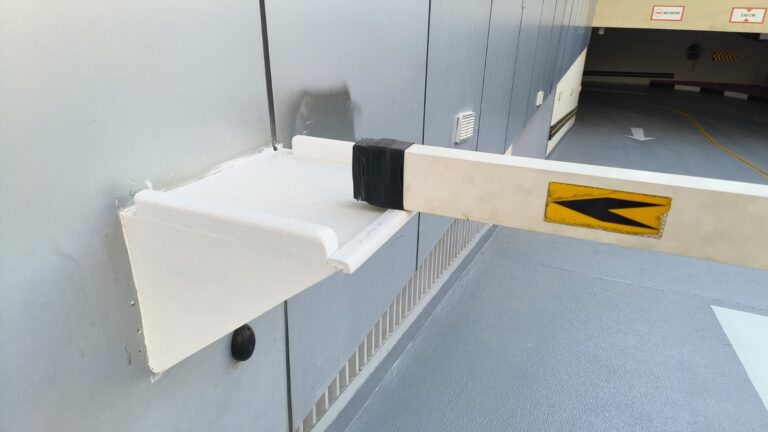
Impact & Benefits
Upcycling discarded wood has a carbon footprint that is 85.7% lower than using new wood, resulting in the hotel saving 28kg of carbon emissions.*
Giving new life to old materials has also delivered several environmental and operational benefits such as:
✅Significant Waste Reduction – By repurposing materials from the 104-room refurbishment, the hotel embraced circular economy principles and lowered landfill waste. This also directly supports the UN Sustainable Development Goals (SDGs) 12 (Responsible Consumption and Production) and 13 (Climate Action).
✅Sustainability Leadership – The project reinforced the hotel’s position as an industry leader in eco-friendly practises.
✅Long-Term Commitment – Maintaining Green Key certification for eight years highlights the hotel’s ongoing dedication to sustainability.
✅Brand Alignment – The initiative supports Ascott’s broader sustainability goals under the Ascott Cares Programme.
✅Enhanced Guest Experience – The addition of handcrafted wooden elements brings a distinctive eco-conscious charm to the hotel.
✅Employee Engagement – The project encouraged creativity among staff and deepened their commitment to sustainability, fostering a sense of pride and ownership.
The initiative serves as a model for the hospitality industry, demonstrating how sustainability can be applied to busy operations. The journey to implementing sustainable practises requires commitment, continuous improvement, and often a need for thinking outside the box, but the rewards are well worth the effort.
*Carbon conversion estimation source: DEFRA 2024
Inspired by what you’ve just read? We bet!
Read through our other case studies to learn more about what other hotels are doing.
To know more about Green Key certification and if it’s right for your hotel, read through our Hotel Certification Guide.

